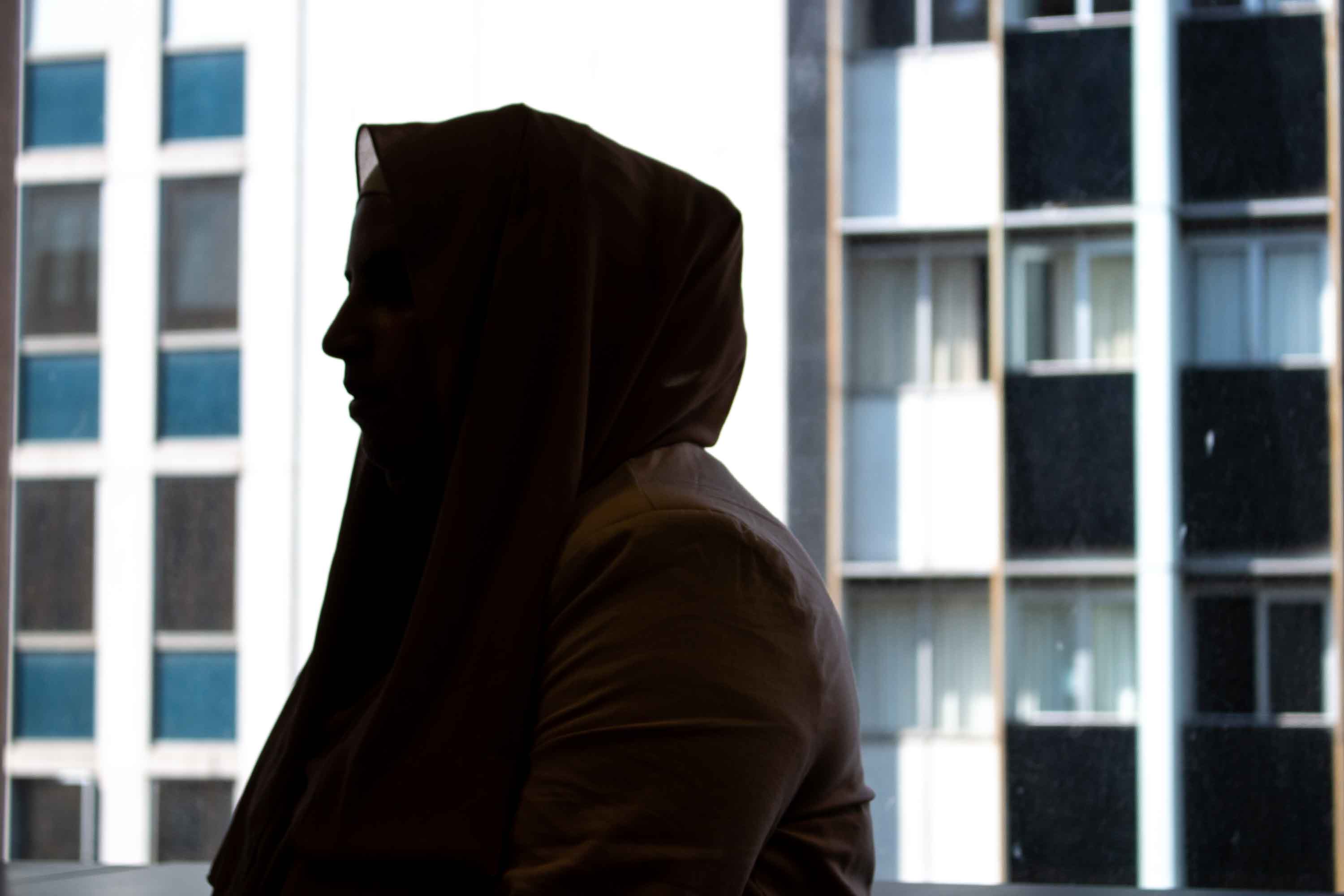For the Australian Muslim community, the mosque terror attacks in New Zealand
felt like an attack on them all, writes Fatima Halloum
When news of the shootings in Christchurch broke, it wasn’t just a mosque in New Zealand. It was my mosque, my friends’ mosque, every mosque in the world.
Whether you’re travelling to Abu Dhabi or visiting Hong Kong, all mosques have a nostalgic sense of familiarity, regardless of how they differ in structure and design.
Salaam, peace, is a greeting you’ll hear commonly uttered from the mouths of both strangers and friends. The same call to prayer ricochets; people of all races and ethnicities stand shoulder-to-shoulder reciting the same words, and performing the same actions.
Copies of the Quran can be found on a ledge or in a bookshelf nestled into a corner somewhere, translated into every language available. You will always find children occupying whatever empty space they can find to run, jump, play tag – their playful shrills of joy break even the sharpest of concentrations.
When images of the attack began to circulate on social media, I did my best to avoid any pictures sourced from the livestream. I was unsuccessful.
A tweeted image of a bloodstained carpet that I had never set foot on was reminiscent of all the ones I had, in all the mosques I had prostrated in.
I could imagine familiar concrete walls that normally echo melodic recitations reverberating loud, shattering gun shots. And the ubiquitous dull grey carpet I had rested my head on in prayer so many times before saturated in the blood of my friends, my family.
Suddenly, everyone I know and love was in that mosque in Christchurch. Their terror was my terror; their pain my pain; their sorrow my sorrow.
The stark realisation that this was happening in New Zealand, meant that it could happen here. It was unsettling and nauseating.
Even in the aftermath the revolting applause and “the Muslims are getting what they deserved” comments from the far right reiterated what we all already know.
The stench of white supremacy is pungent and it’ll take more than merely calling out the hypocritical flip-flopping of media outlets and censuring politicians to clear the air.
Our political leaders must stop hiding behind faux sympathy and their “this isn’t us” comments.
Because it was an Australian man who swore at me to take off my scarf when I was little girl aged only ten, an Australian who sneezed and spat on me while I walked the streets of our city.
Australians have followed and harassed me, demanded proof of my citizenship, threatened me with glass bottles, shattered any illusion that I could ever truly be safe in this country ... and it was an Australian man who pulled the trigger again and again in Christchurch.
Islamophobia was just as rampant when a 2015 study found that Muslims experience discrimination at three times the rate of any other race, but it took the massacre of 50 innocent souls for people to take us seriously.
I was reminded by a cousin of a verse in the Quran that Muslims often recite during times of immense difficulty. The belief that in every hardship, there is ease.
Last Friday, we witnessed the worst of humanity. The senseless murder of humans, some of whom had survived war and fled dictatorships, only for their lives to be taken in a place where they should have been safe.
But the unity, solidarity and kindness displayed by the wider community meant Muslims were not left to shoulder their hurt alone.
It wasn’t an attack on those Muslims inside those mosques, it was targeted against all Muslims in all of our mosques. For Muslims worldwide the Christchurch terror attack felt far too close to home. Because it was.


